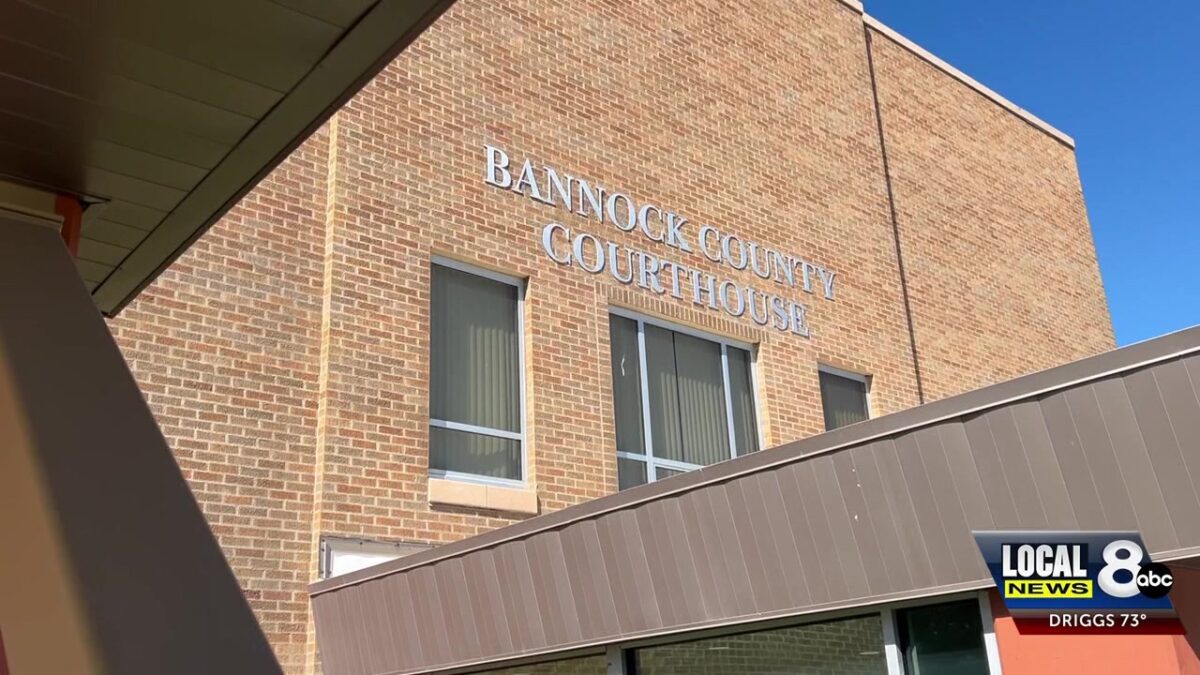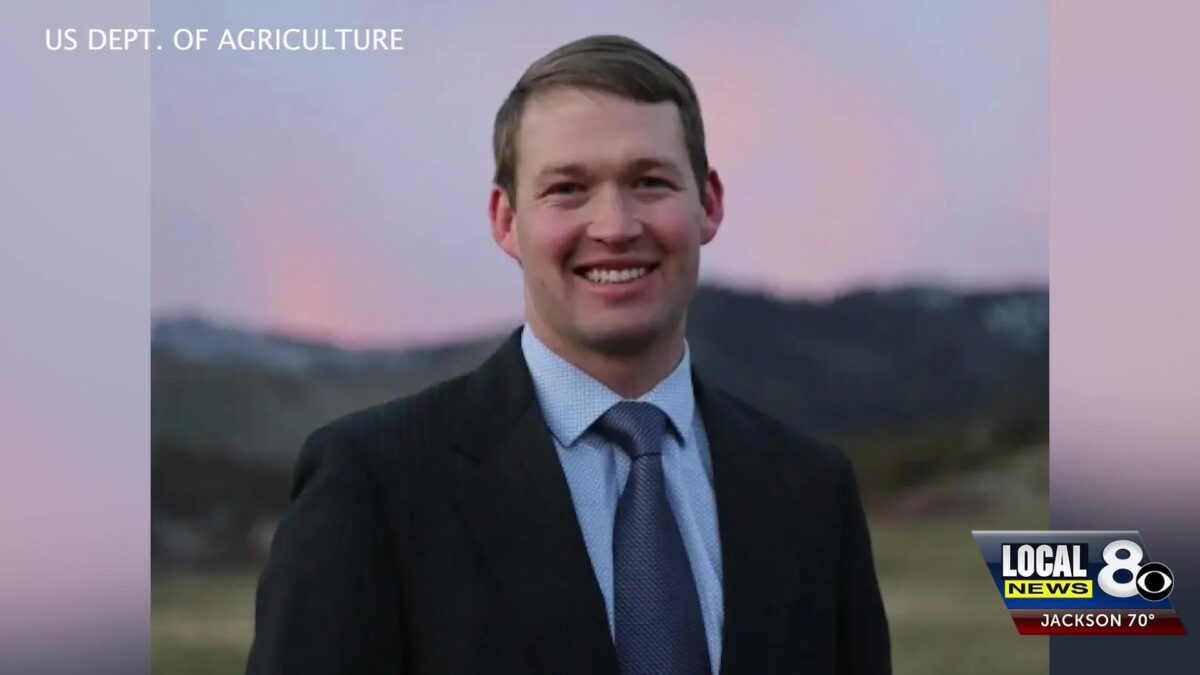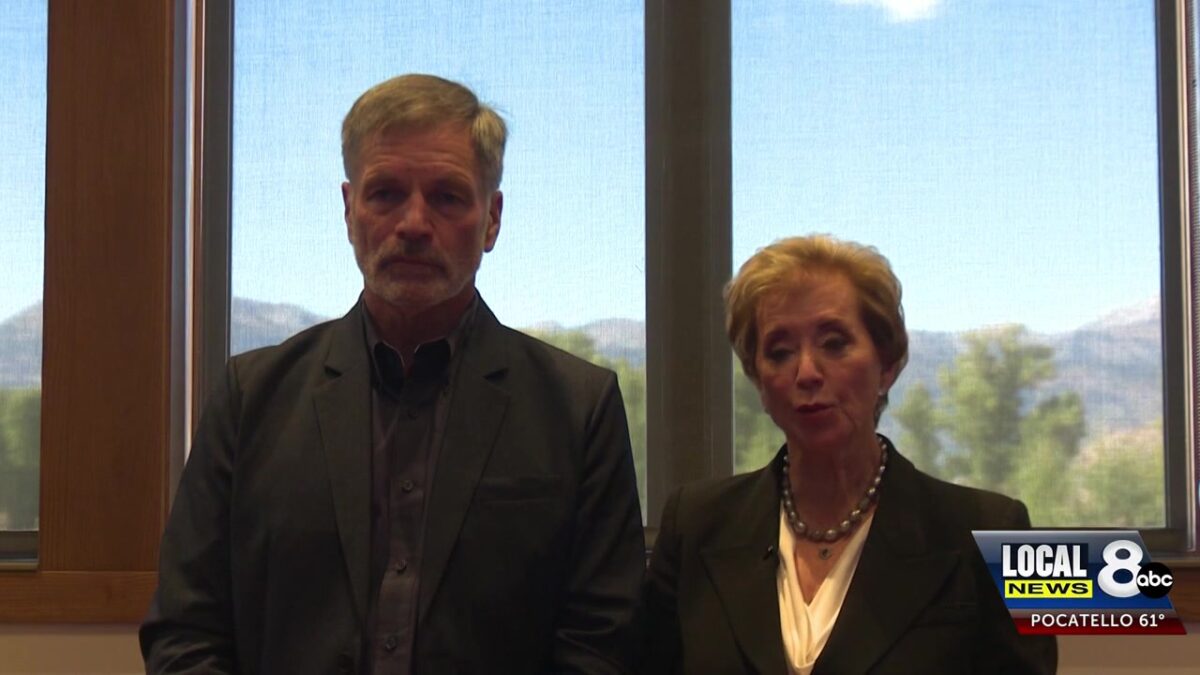CNN Newsource
By Holly Yan, Karina Tsui, CNN
(CNN) — Months after the bodies of three young sisters were found suffocated and abandoned in the Washington state wilderness, authorities believe they’ve found the remains of the man accused of killing them: their father.
Investigators found bone fragments, other human remains and clothes that look similar to what Travis Decker was wearing before his three daughters were found dead at a campsite in the Washington Cascades, Chelan County Sheriff Mike Morrison told CNN on Friday.
The hunt for Decker spanned three countries and yielded false alarms from tipsters across the US. But the search may have ended just 0.74 miles away from the June crime scene – in terrain that is virtually uninhabitable and barely accessible.
“That’s straight uphill. You’re almost looking like a little over 1,000 feet of elevation gain in a little bit of distance,” Morrison said of the patch of Grindstone Mountain. “It would take almost three hours to hike in there, just based off the terrain and the rock formations.”
But on Thursday, a drone flying over the area detected some unusual material on the mountainside, which is covered in thick vegetation. Morrison’s detectives rappelled down from a helicopter and discovered the remains among a trove of evidence.
“Decomposition was certainly well, well in place. The bone portions that we did find, of course, had been spread. So you could tell the likelihood that animals had been already into the scene,” the sheriff said.
“But we did find several personal items that we believe are associated with Mr. Decker,” including a shirt and shorts, he said.
A state crime laboratory will try to test DNA and verify the identity of the remains found. It’s not clear how long that will take, Morrison said, and it’s not clear how the person died.
Plastic bags and a bloody fingerprint
Decker had been on the loose since May 30, when he failed to bring his daughters home after what was supposed to be a three-hour custody visit.
Three days later, the bodies of 5-year-old Olivia, 8-year-old Evelyn and 9-year-old Paityn were found with plastic bags over their heads.
After the gruesome discovery, Decker’s truck was found June 2, abandoned in the area of Rock Island Campground.
His daughters’ bodies were nearly 100 yards away down a small embankment, along with zip ties and plastic bags found strewn throughout the area, according to a police affidavit.
Authorities also found a bloody fingerprint on the truck’s tailgate, as well as Decker’s dog, which was taken to a humane society for care.
DNA samples obtained from the bags and cable ties found near the girls’ bodies matched the profile for Decker, the sheriff’s office said. No other DNA was found on the bags or the cable ties, authorities said at the time.
Decker likely escaped on foot after leaving behind his truck, Morrison has told CNN. He also left behind equipment, meaning he was unprepared unless he stashed supplies out in the woods.
But Decker left no trace of his existence, such as credit card transactions or cell phone activity, after his daughters were killed.
“There have been no signs of Travis in society,” Morrison said Friday.
An arduous manhunt
Search crews have used drones, a swift water team, cadaver dogs and even GoPros to search for Decker without knowing whether he was still alive. Tips came in from as far as Canada and Mexico about possible sightings of him, the sheriff said.
The manhunt has been especially difficult because Decker is an Army veteran skilled in wilderness survival and had a three-day head start.
Some might wonder why it took months for investigators to find what could be Decker’s remains less than a mile away from where the girls’ bodies were found.
“But anyone who has any questions about how easy of an area this is to search, I’d invite him to go out there and give it a go and see how easy it is to climb,” Morrison said.
After rappelling from a helicopter onto the mountain, detectives had to hike an hour to get back down from the steep, trailless slope.
“Thankfully, we’ve got detectives who are in pretty good shape,” Morrison said. “They’re used to hunting in the backcountry, so they’re used to the terrain. And they accepted the challenge.”
But it’s not just strenuous physical work. The case has taken a significant mental toll on the investigators trying to find the killer of three young girls.
“We actually just ordered every single officer that was assigned to this case on scene to talk with a psychologist, just to make sure we’re taking care of our own,” the sheriff said.
“This has probably been one of the most tragic incidents I think anyone in our agency has seen. I know I’m going on 20 years – I’ve never seen anything like this.”
Shortly after his detectives found the remains Thursday, Morrison spoke with the slain girls’ mother, who appreciated the update.
“(She’s) still a very strong, very strong woman. Certainly, I know that she wants closure to this as well,” the sheriff said.
A GoFundMe account has been established to help the grieving family.
This story has been updated with additional information.
The-CNN-Wire™ & © 2025 Cable News Network, Inc., a Warner Bros. Discovery Company. All rights reserved.
CNN’s Cindy Von Quednow, Alaa Elassar, Danya Gainor and Andy Rose contributed to this report.
Click here to follow the original article.








